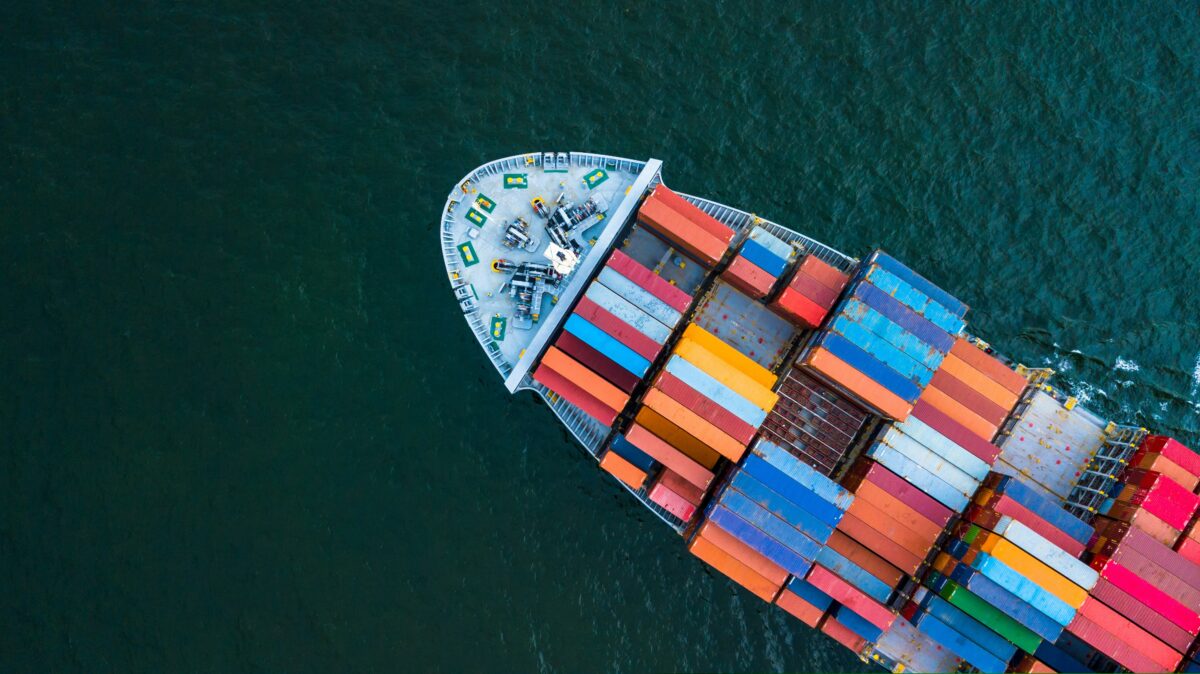The global shipping industry could reduce its emissions by almost 50% by 2030 and hit zero emissions by 2040, according to a new study.
The research from CE Delft found that halving emissions at this rate would add just 10% to the total cost of shipping operations. This would put the industry on the path to meeting targets needed for the Paris goal of keeping the global temperature rise to less than 1.5°C above pre-industrial levels.
The report also found that the goal could be achieved if ships deploy just 5 – 10% zero or near-zero emissions fuels and use wind assistance technologies, as well as climate optimising techniques.
The study comes amid mounting pressures from campaign groups ahead of UN International Maritime Organisation (IMO) meetings at which targets about emissions reductions targets are supposed to be discussed, before concluding on 3-7 July.
Subscribe to Sustainability Beat for free
Sign up here to get the latest sustainability news sent straight to your inbox each morning
“The science is crystal clear, emissions from shipping have to halve by 2030 if we are to stand any chance of keeping warming below the Paris Agreement’s 1.5°C temperature limit. What was less clear until now was if this was possible without impacting trade,” said Seas at Risk spokesperson John Maggs.
“Now we know not only that it is possible and shipping has a clear pathway to halving its climate impact by 2030, but that it can do so at minimal cost.”
Ocean Conservancy spokesperson Delaine McCullough said: “Countries and shipping companies have raised real concerns about the technological and economic feasibility of achieving the 1.5°C-aligned goal of halving emissions by 2030.”
“This analysis clearly shows that these reductions are possible and that costs are not a barrier. The evidence couldn’t come at a better time. The IMO must not squander what may be the last best opportunity to put shipping on track to prevent a climate disaster.”
Transport and Environment spokesperson Faig Abbasov said: “Waiting until 2050 to decarbonise is a bit like waiting until your house burns down before you can call the fire brigade. This would be irresponsible and disingenuous.”















